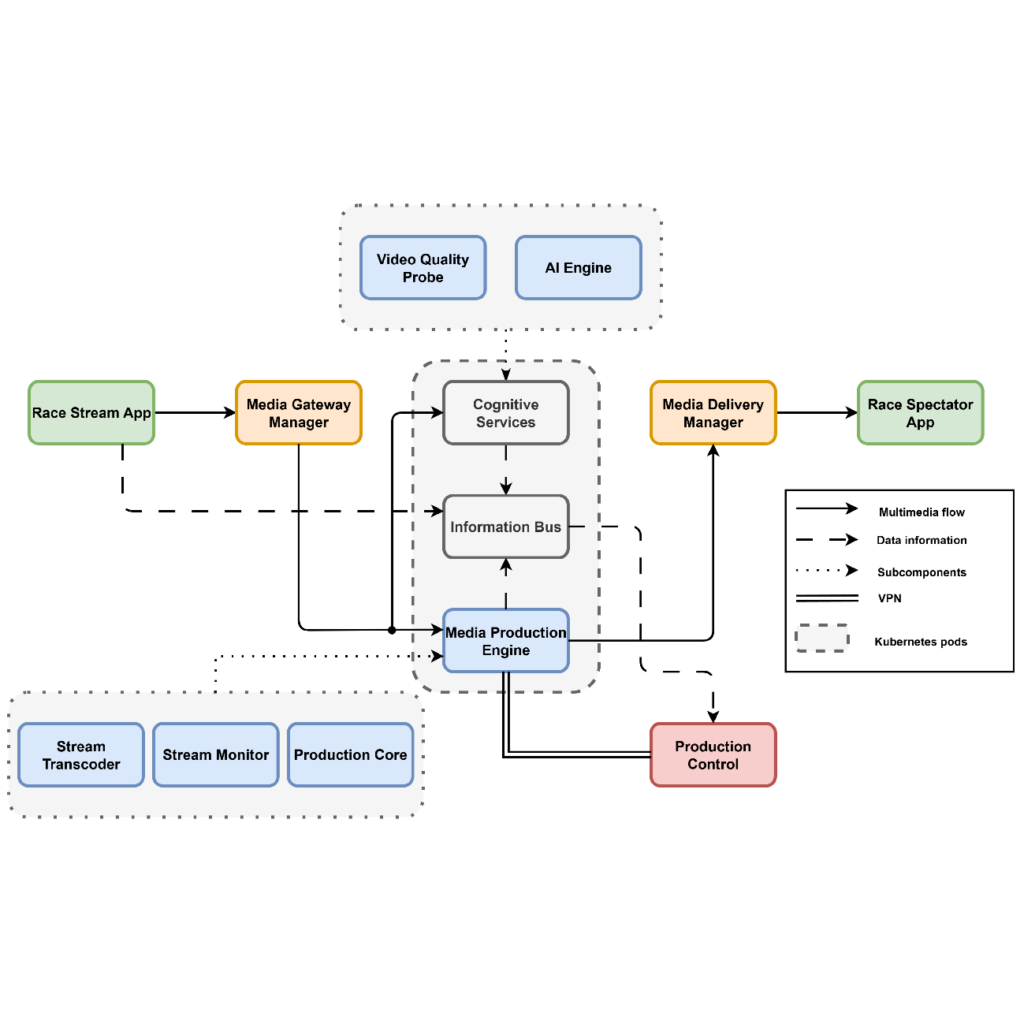Evaluating Quality of Experience (QoE) is crucial for multimedia services, as it measures user satisfaction with content delivery. This paper presents an objective method for evaluating QoE in adaptive streaming services, using the commercial tool Video-MOS, which allows real-time monitoring and analysis of multimedia content quality across various platforms and networks. The method aims to provide a precise evaluation that incorporates both technical and subjective factors. This approach integrates multiple factors that influence the overall user perception of adaptive streaming quality, offering greater flexibility and performance, which could contribute to more comprehensive future assessment.
The method is validated by a test plan that incorporates a variety of content and scenarios to simulate various network conditions. The results demonstrate the method’s effectiveness in predicting QoE, highlighting the rebuffering frequency as a significant factor. In optimal conditions, specific content types can achieve a QoE score as high as 3.36. Conversely, under unfavorable conditions, the QoE may decrease by up to 1.42 Mean Opinion Score (MOS) points, which represents an 80% reduction from its optimal level.
Although the rebuffering frequency has a substantial influence, a long initial buffer can have an even more negative effect on QoE, particularly under adverse conditions. Furthermore, adaptive streaming technologies, such as Dynamic Adaptive Streaming over HTTP (MPEG-DASH) and Adaptive Bitrate Streaming (ABR) are integral to the assessment process.

